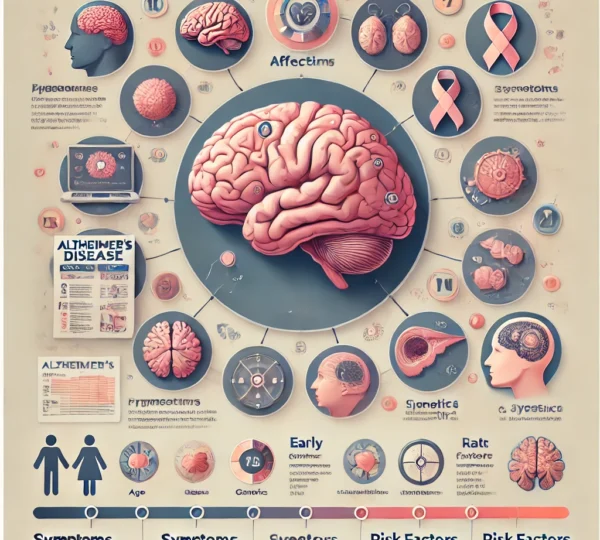Understanding Alzheimer’s Disease: A Simple Guide for Everyone
Introduction
Multi-drug resistant tuberculosis (MDR-TB) is a severe form of TB that resists the strongest first-line antibiotics. Treating MDR-TB requires a specialized approach to ensure effective management. This blog will explain the treatment options for MDR-TB in simple terms, so you can better understand the available solutions.
1. Second-Line Antibiotics
The main treatment for MDR-TB is a combination of second-line antibiotics. These drugs are stronger than the usual TB medications, and they help fight the drug-resistant bacteria. However, second-line antibiotics usually require a longer treatment period. Medications such as cycloserine, ethionamide, and prothionamide are common examples.
Because these antibiotics are more potent, they can cause more side effects. Therefore, patients need regular check-ups to monitor these effects and adjust the treatment if needed.
2. Injectable Medications
Healthcare providers often use injectable medications like kanamycin and amikacin as part of the MDR-TB treatment plan. These injections help target TB bacteria resistant to oral antibiotics. Although effective, injectable medications are used for several months and can cause side effects such as hearing loss or kidney damage. Regular monitoring is essential to prevent such complications.
3. Oral Medications
Oral antibiotics also play a significant role in treating MDR-TB. Drugs like fluoroquinolones, linezolid, and bedaquiline are commonly prescribed. These medications help control the infection by targeting the bacteria in different ways. Fluoroquinolones disrupt the DNA of the bacteria, while bedaquiline blocks the bacteria’s energy production.
Combining oral medications with injectable ones increases the treatment’s effectiveness. Healthcare providers carefully select the right combination to suit the patient’s needs.
4. Personalized Treatment Plans
MDR-TB treatment is personalized. Each patient’s plan depends on factors like the severity of the disease, drug resistance patterns, and their medical history. Doctors create treatment strategies that maximize effectiveness while minimizing side effects. Adjusting the treatment plan over time ensures the best results for the patient.
5. Supportive Care
Supportive care is just as important as medications in treating MDR-TB. It includes nutritional support to help patients maintain strength, psychological care to deal with the emotional strain of the treatment, and constant monitoring for any side effects. Monitoring organ health is crucial, as some treatments can harm the liver or kidneys.
Supportive care ensures patients can stay on track with their treatment and manage any challenges that come with the process.
Conclusion
Treating multi-drug resistant tuberculosis (MDR-TB) requires a combination of second-line antibiotics, injectable and oral medications, personalized treatment plans, and supportive care. With the right approach, healthcare providers and patients can manage MDR-TB effectively and improve outcomes. Close monitoring and tailored care are key to beating this challenging condition.
To seek medical advice, always consult a Doctor. Here are our recommended experts. Click here
To read more on Neurological Disorders. Click Here



